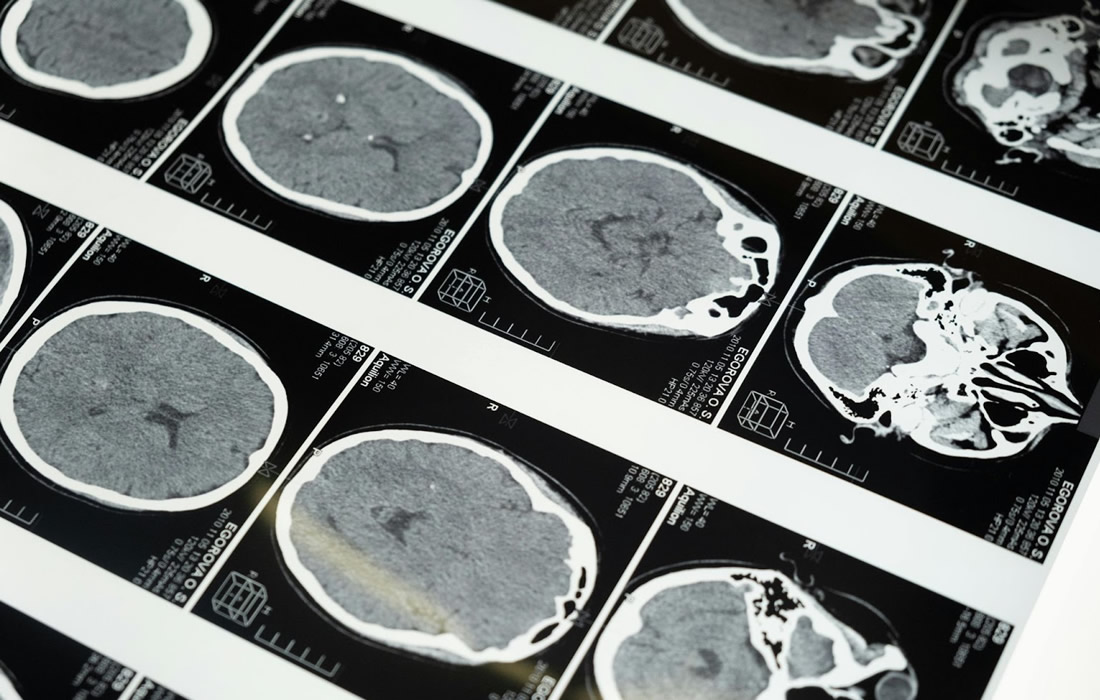People using anabolic steroids could be increasing their underlying risk of a heart condition called atrial fibrillation, a new study has found. The new research published in the Journal of Physiology conducted by an interdisciplinary consortium of clinicians and researchers led by University of Birmingham and collaborators in Germany. The team found that male sex […]
Category Archives: Regenerative Medicine News and General Information
Restricting calories is known to improve health and increase lifespan, but much of how it does so remains a mystery, especially in regard to how it protects the brain. Buck scientists have uncovered a role for a gene called OXR1 that is necessary for the lifespan extension seen with dietary restriction and is essential for […]
Many vaccines, including vaccines for hepatitis B and whooping cough, consist of fragments of viral or bacterial proteins. These vaccines often include other molecules called adjuvants, which help to boost the immune system’s response to the protein. Most of these adjuvants consist of aluminum salts or other molecules that provoke a nonspecific immune response. A […]
Researchers at DZNE provide evidence that traces of the widely used PFAS chemicals in human blood are associated with unfavorable lipid profiles and thus with an increased risk of cardiovascular diseases. The findings are based on data from more than 2,500 adults from Bonn and the Dutch municipality of Leiderdorp. PFAS were detectable in the […]
Oxytocin (OXT) is a hormone that is known for its effects on psychological well-being and emotional bonding in animals. In a recent study a group of researchers, headed by Professor Akiyoshi Saitoh delved into the complex neural pathways and signaling mechanisms activated by OXT. “Previously we had suggested that oxytocin may be a new therapeutic […]
A regimen of pre-surgical immunotherapy and chemotherapy followed by post-surgical immunotherapy significantly improved event-free survival (EFS) and pathologic complete response (pCR) rates compared to chemotherapy alone for patients with operable non-small cell lung cancer (NSCLC), according to results of a Phase III trial. The trial evaluated durvalumab given perioperatively, meaning therapy is given both before […]
Sleep helps consolidate our memory of complex associations, thus supporting the ability to complete memories of whole events. Researchers had known for some time that sleep consolidates our memories of facts and episodic events. However, the research to date has concentrated mainly on simple associations — that is to say, connections between elements, such as […]
The gastrointestinal tract is already known to researchers as a major storage site for micro- and nanoplastic particles (MNPs) in the human body. A research consortium consisting of the University of Vienna, the Medical University of Vienna and other partners under the leadership of CBmed GmbH in Graz has now investigated the effects of the […]
A team of University of Wisconsin-Madison scientists has developed the first 3D-printed brain tissue that can grow and function like typical brain tissue. It’s an achievement with important implications for scientists studying the brain and working on treatments for a broad range of neurological and neurodevelopmental disorders, such as Alzheimer’s and Parkinson’s disease. Printing methods […]
The composition of microbiota found in the gut influences how susceptible mice are to respiratory virus infections and the severity of these infections, according to researchers from the Center for Translational Antiviral Research in the Institute for Biomedical Sciences at Georgia State University. The findings report that segmented filamentous bacteria, a bacterial species found in […]










